20+ Years Experience
Specialist Addiction Rehab

Alcohol is a widely consumed substance that has various effects on the body, including potential skin-related issues. In this article, we will explore the relationship between alcohol consumption and skin rashes.
We will delve into the different types of alcohol, the effects of alcohol on the body, and specifically, how alcohol can lead to skin rashes.
We will discuss the symptoms of alcohol-related skin rashes and how to prevent them. We will provide insights on when to seek medical help in case of alcohol-related skin issues.
So, let’s begin unravelling the complex relationship between alcohol and its potential impact on the skin.
Alcohol consumption can have profound effects on the body, encompassing both physiological and dermatological implications.
It can not only lead to liver damage, heart problems, and impaired cognitive function but also cause visible changes in the skin.
Alcohol dehydrates the body, leading to dry and dull skin, and it can dilate blood vessels, resulting in redness and flushing.
Excessive drinking can deprive the skin of essential nutrients, making it more susceptible to premature ageing and other skin conditions. These detrimental effects highlight the broader health implications of alcohol consumption beyond its immediate impact on skin health.
An important consideration in the context of alcohol and skin health is the potential correlation between alcohol consumption and the onset of skin rashes, including allergic dermatitis.
Excessive alcohol intake can lead to the aggravation of pre-existing skin conditions or trigger allergic reactions. Allergic dermatitis, also known as contact dermatitis, can be exacerbated by the consumption of alcohol, causing redness, itching, and skin inflammation.
Certain alcoholic beverages contain histamines and sulphites, which are known allergens that can prompt skin rashes and other alcohol-related reactions in susceptible individuals. Understanding these connections is crucial for individuals seeking to maintain optimal skin health while also enjoying alcohol in moderation.
Alcohol-related skin rashes can manifest through various symptoms that indicate underlying dermatological conditions and skin allergies.
These symptoms may include redness, itching and inflammation of the skin, often accompanied by the appearance of bumps, hives or blisters. Individuals with alcohol-related skin rashes may also experience dry and flaky patches, as well as skin sensitivity and tenderness.
In some cases, these rashes may be accompanied by a sensation of warmth or burning in the affected areas. Understanding these symptoms is crucial in identifying the connection between alcohol consumption and dermatological reactions.
Redness and inflammation are primary indicators of alcohol-induced skin issues, signalling potential allergic reactions and dermatological inflammation.
These symptoms can manifest as flushed or red patches on the skin, often accompanied by warmth and tenderness. Alcohol-induced skin redness and inflammation can lead to conditions such as rosacea, eczema, or psoriasis flare-ups.
Understanding the role of inflammation in these skin issues is crucial, as it can exacerbate the skin’s sensitivity and compromise its natural protective barrier, making it more susceptible to irritants and allergens.
Addressing alcohol-induced redness and inflammation requires not only skincare interventions but also lifestyle modifications to minimise triggers and promote skin health.
Alcohol-related skin rashes may lead to persistent itchiness and skin irritation, posing significant discomfort and potential dermatological concerns.
These symptoms can manifest as redness, dryness, and a feeling of prickling or burning on the skin. The itchiness may be intense, causing the individual to scratch the affected areas, which can lead to further irritation and even potential skin damage.
Skin rashes from alcohol consumption may be accompanied by swelling and a warm sensation, further exacerbating the discomfort experienced.
Dryness and flaking are common manifestations of alcohol-induced skin issues, reflecting underlying skin health concerns and potential dermatological implications.
These effects extend beyond the aesthetic surface, impacting the skin’s natural barrier function and moisture retention processes.
Excessive alcohol consumption can lead to dehydration, disrupting the skin’s pH balance and reducing the production of essential oils, further aggravating dryness and flaking. Such skin conditions can also contribute to a range of dermatological concerns, including inflammation, eczema, and impaired healing.
Addressing the impact of alcohol on skin health is vital for promoting overall well-being and maintaining healthy, vibrant skin.

The development of alcohol-related skin rashes can be attributed to factors such as allergic reactions and heightened skin sensitivity resulting from alcohol-induced irritations.
When alcohol is consumed, it can disrupt the immune system, leading to the body’s increased susceptibility to allergens. This can trigger an inflammatory response in the skin, causing redness, itching and swelling.
Alcohol can dilate blood vessels in the skin, exacerbating skin sensitivity and leading to flushing or hives. The combination of these factors can contribute to the development of alcohol-induced skin rashes, making it essential for individuals to be mindful of their alcohol intake and its potential impact on skin health.
Dehydration, as a consequence of alcohol consumption, contributes to the exacerbation of skin health issues, potentially leading to the development of skin rashes.
This connection stems from the fact that alcohol is a diuretic, causing the body to expel more water than it takes in, resulting in dehydration. When the skin lacks proper hydration, it loses its natural elasticity and becomes more susceptible to irritation and inflammation, which can manifest as redness, itching, or even skin rashes.
Alcohol depletes essential vitamins and nutrients that are crucial for skin health, further contributing to the impairment of skin’s protective barrier and its ability to regenerate, ultimately leading to skin issues.
Allergic reactions triggered by alcohol consumption can precipitate a range of skin health concerns, contributing to the manifestation of alcohol-related skin rashes.
These reactions can lead to symptoms such as redness, itching, and inflammation, which are not only uncomfortable but also impact the overall appearance and health of the skin. Prolonged exposure to alcohol and its allergenic effects may exacerbate existing skin conditions such as eczema or psoriasis, leading to increased discomfort and potential complications.
Understanding the link between alcohol, allergic reactions, and skin health is crucial for individuals seeking to maintain a healthy and vibrant complexion.
Alcohol consumption can impair the immune system, rendering the skin more susceptible to the development of dermatitis and related skin health issues.
This impairment occurs because alcohol disrupts the body’s natural defence mechanisms, making it harder for the immune system to fend off infections and skin conditions. Excessive alcohol intake can lead to dehydration, which can cause the skin to become dry and flaky, exacerbating existing dermatitis.
The inflammatory response triggered by alcohol consumption can also worsen pre-existing skin issues, such as eczema and psoriasis.
Therefore, it’s essential to be mindful of the impact of alcohol on immune and skin health, and to practise moderation in consumption to maintain overall well-being.
Implementing a targeted skincare regime and being mindful of alcohol sensitivity are integral in preventing alcohol-related skin rashes and associated dermatological concerns.
Consistently using gentle, fragrance-free cleansers and moisturisers can help maintain the skin’s natural barrier, reducing the likelihood of alcohol-induced irritation. Choosing skincare products with minimal synthetic ingredients and avoiding prolonged hot showers can also support skin health.
Understanding one’s alcohol sensitivity and moderating alcohol consumption can further contribute to preventing skin flare-ups and maintaining a healthy complexion.
Limiting alcohol consumption is a key preventative measure to mitigate the risk of alcohol-related skin rashes and minimise potential health implications.
It is important to recognise that alcohol can have a significant impact on various aspects of our health, including the skin. By moderating alcohol intake, individuals can reduce the likelihood of experiencing skin rashes and other related problems.
This moderation also extends to mitigating the risk of liver damage, heart issues, and mental health concerns that can arise from excessive alcohol consumption. Therefore, being mindful of our alcohol intake can contribute significantly to overall health and well-being.
Maintaining adequate hydration is crucial in counteracting the dehydrating effects of alcohol and safeguarding against potential skin health concerns, including the onset of skin rashes.
Hydration helps to replenish the water lost due to alcohol’s diuretic effect, preventing skin dryness and dullness. By consuming enough water, individuals can support their body’s natural detoxification processes, reducing the impact of alcohol on the skin.
Staying hydrated can promote skin elasticity and reduce the appearance of fine lines and wrinkles, contributing to improved overall skin health. It’s essential to remember that while alcohol can dehydrate the body, increasing water intake can help alleviate these effects and maintain healthy, radiant skin.
Avoiding skincare products containing triggering ingredients, including alcohol, is vital for reducing the risk of skin irritation and alcohol-related dermatological issues.
These triggering ingredients can strip the skin of its natural oils, leading to dryness, redness, and overall sensitivity. Alcohol can exacerbate conditions like rosacea and eczema. By opting for alcohol-free skincare products, individuals can help maintain their skin’s natural barrier function and promote a healthier, more balanced complexion.
It is also essential to read product labels and seek out formulations that prioritise gentle, nourishing ingredients to support skin health and minimise the potential for adverse reactions.
Seeking medical help is imperative if persistent symptoms of allergic reaction or alcohol-related skin rashes are observed, as they may indicate underlying dermatological concerns requiring professional assessment.
If left untreated, these symptoms could exacerbate and lead to more severe skin issues, potentially causing discomfort and impacting one’s overall well-being. A dermatologist can provide a comprehensive evaluation to determine the root cause of the allergic reaction or alcohol-related skin rashes, offering personalised treatment plans and targeted interventions.
Ignoring such symptoms may risk aggravating the condition while seeking prompt medical attention can lead to effective management and resolution of the skin issues.
Contact our Addiction Rehab Clinics team today for help and support if you are struggling with alcohol abuse.
There are a range of other services that we can provide. Have a look at the list below for more information:
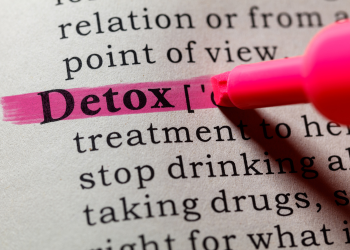













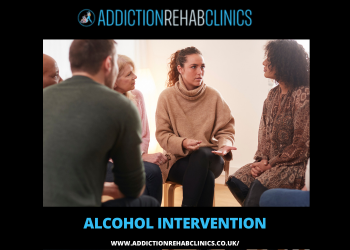




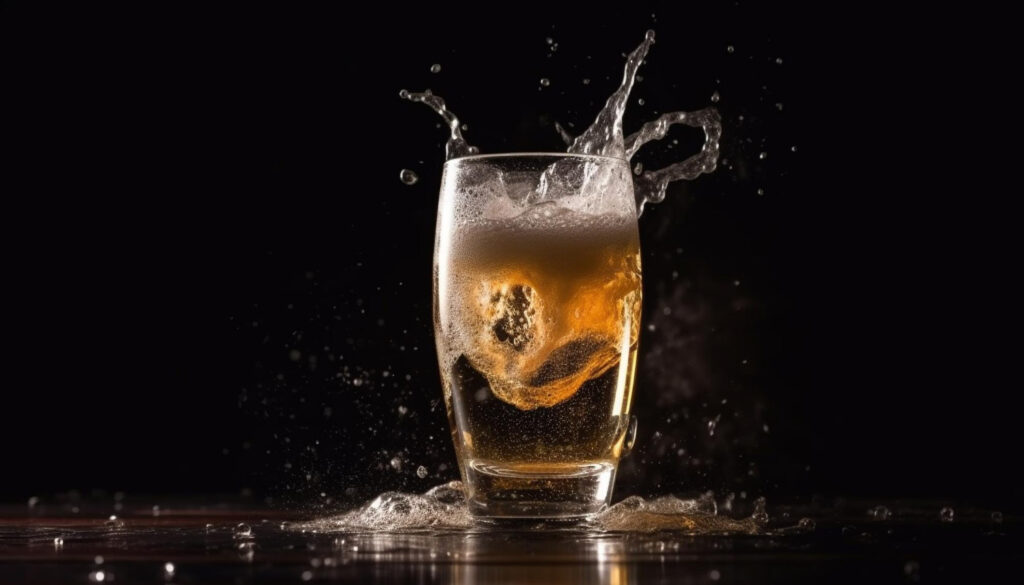





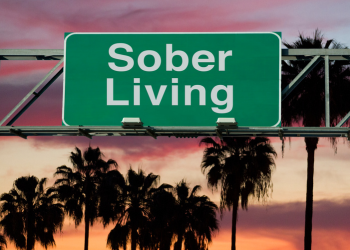


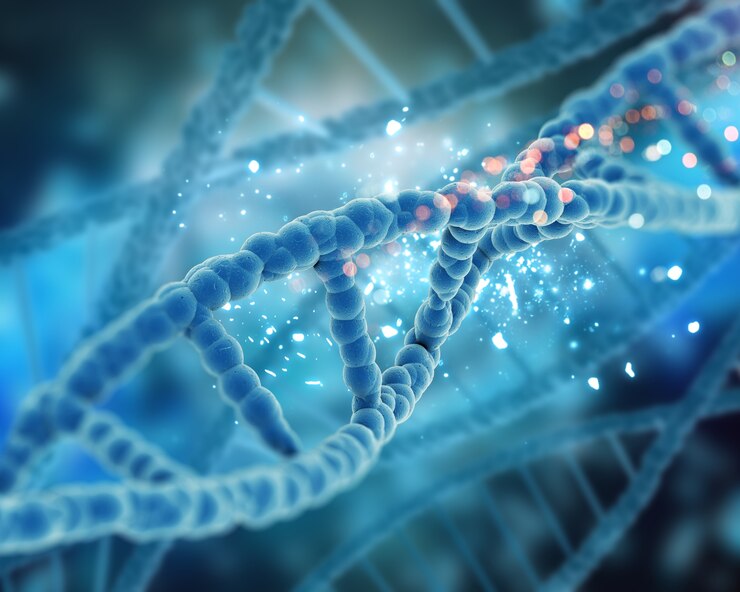


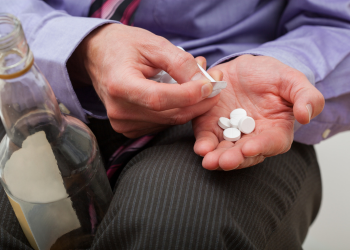


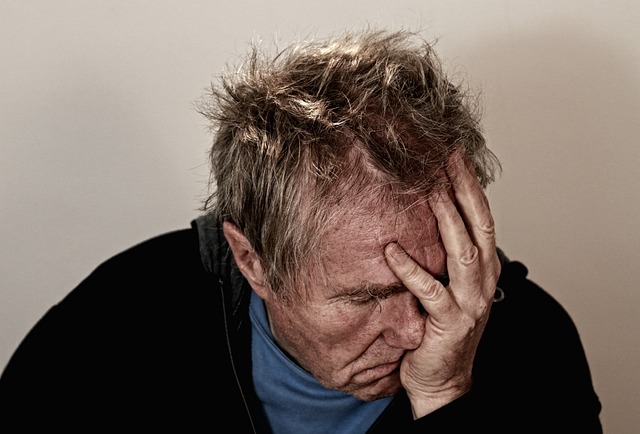
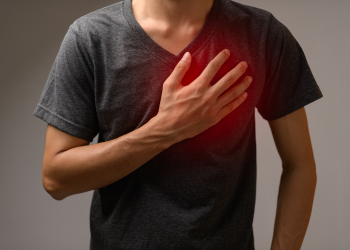
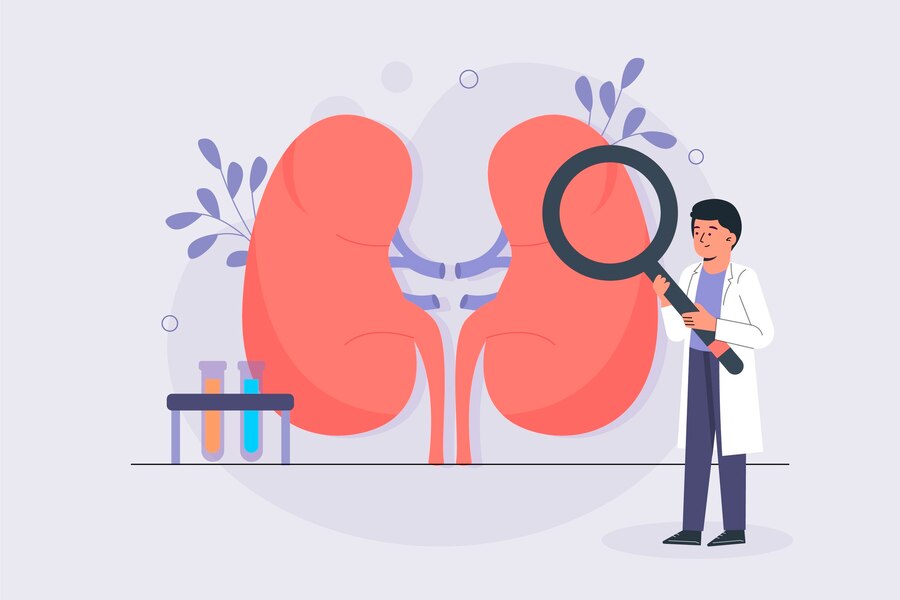


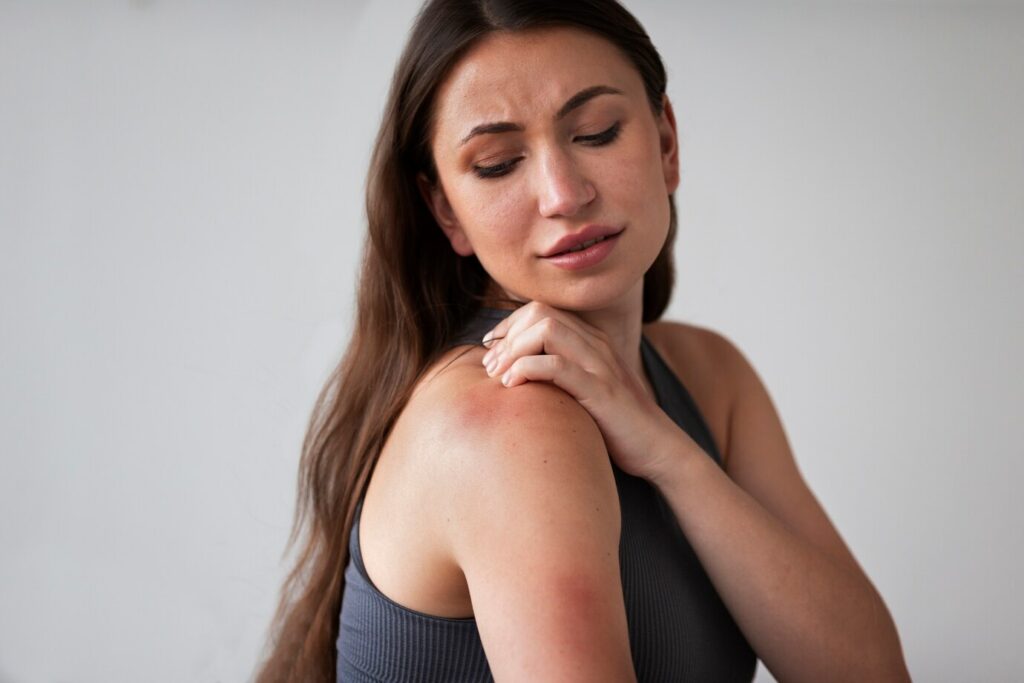
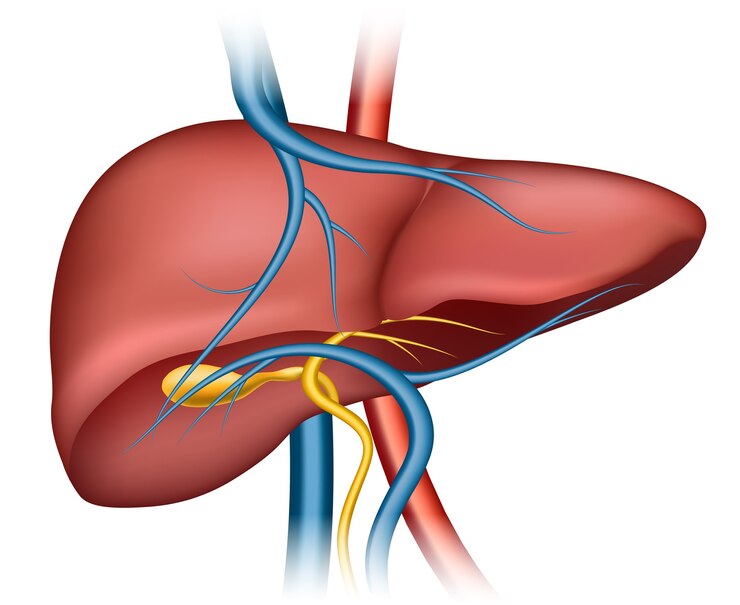






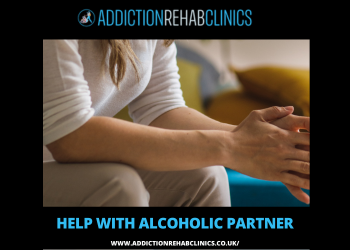



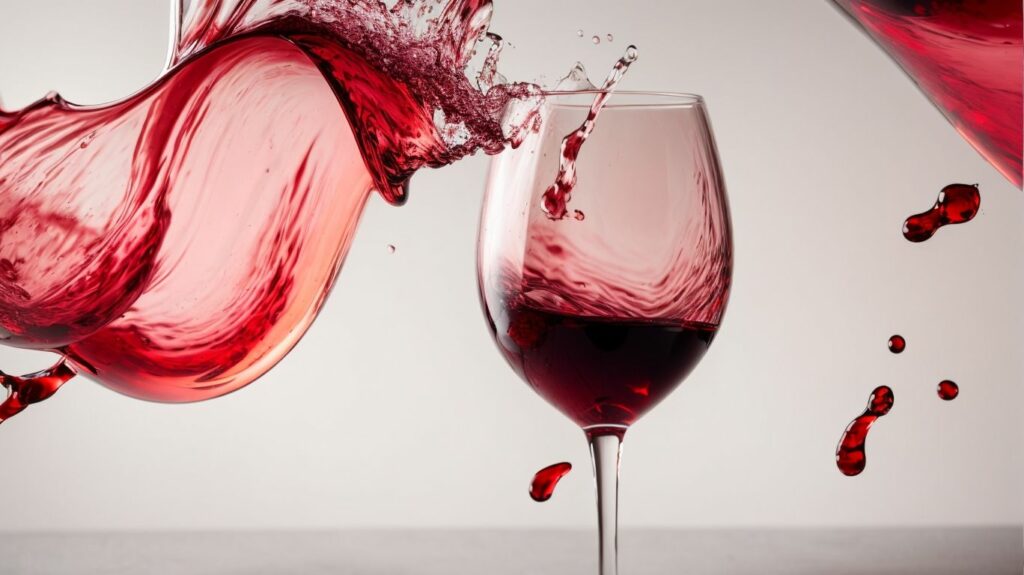
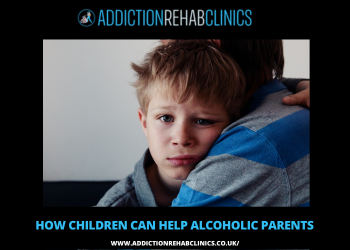

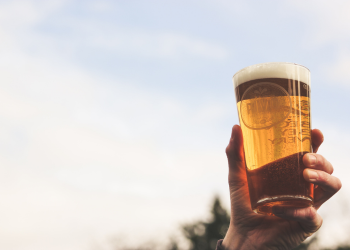









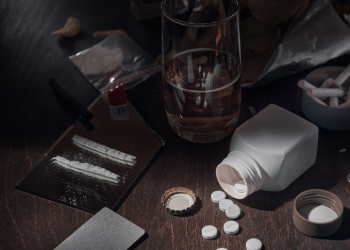

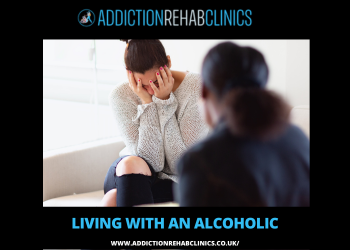
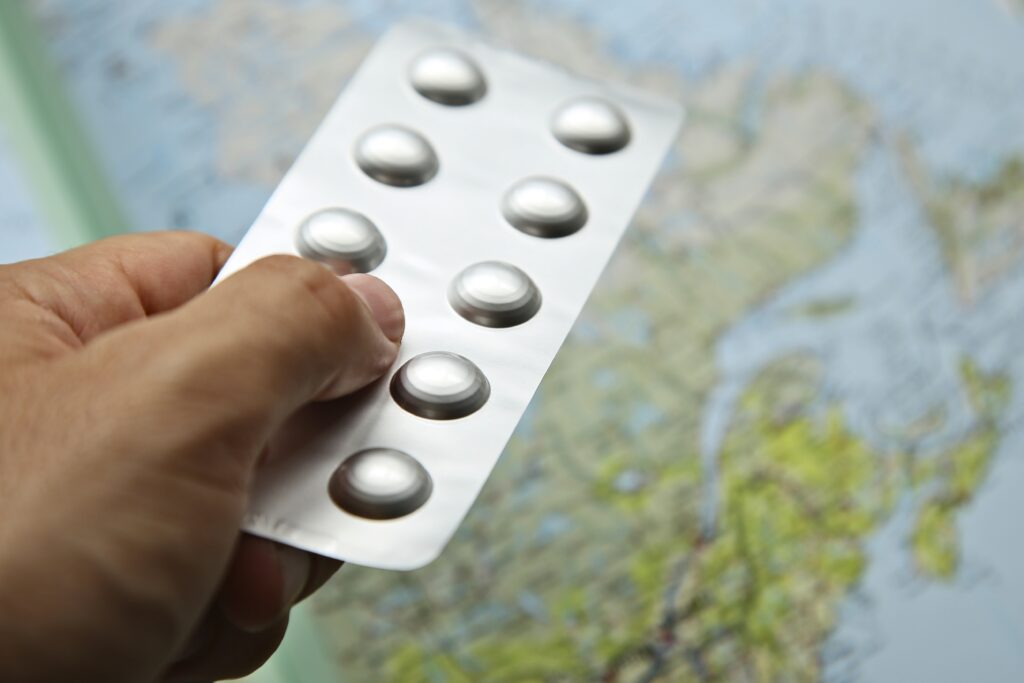















We Aim To Reply To All Enquiries With-in 24-Hours